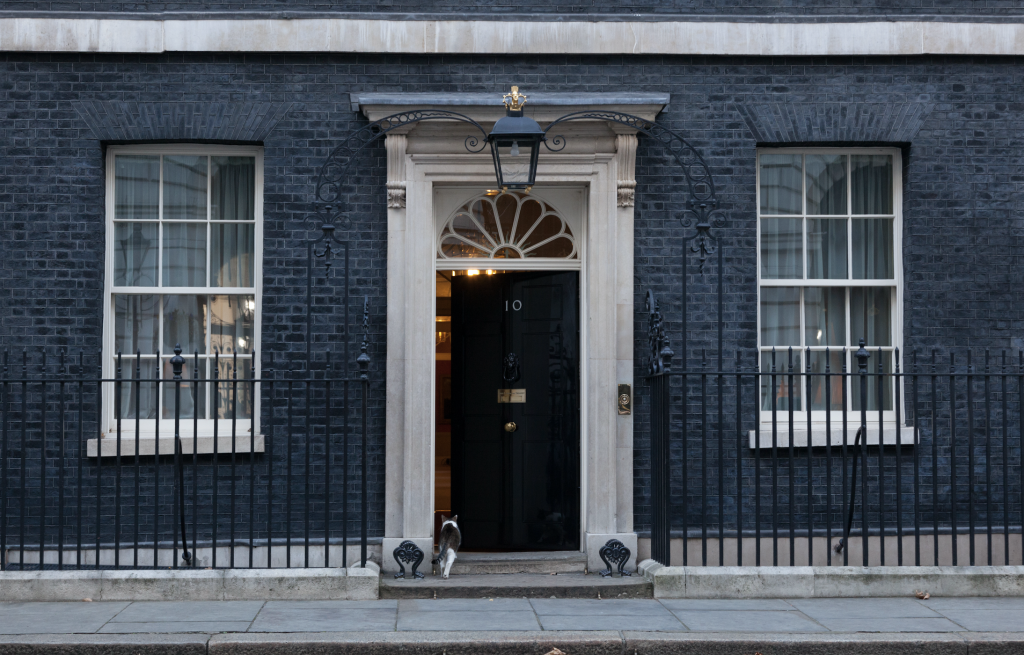Prime Minister Boris Johnson’s resignation has prompted a response from the industry.
Royal London Asset Management head of multi asset Trevor Greetham says: “The pound strengthened markedly on news that Boris Johnson resigned as Conservative Party leader. An uncertain leadership election with no clear front runner ought to be a source of uncertainty for financial markets, but a continuation of the chaotic scenes of recent weeks was arguably worse.”
Schroders senior European economist and strategist Azad Zangana says: “Boris Johnson’s resignation triggers a leadership contest for the Conservative Party and premiership that is unlikely to be settled before the autumn. This leaves a lengthy period of uncertainty over the direction of the country and economy.
“Johnson’s government often leaned towards populist policies, and while he will always be remembered for Brexit, recent fiscal policy also followed a similar approach. This may have boosted growth in the near-term but also contributed to higher inflation, and higher public borrowing. The recent decisions to increase corporation taxes instead of personal or sales taxes is just one example.
“The resignation of Chancellor Rishi Sunak a couple of days ago highlighted the disagreement between the Treasury and the Prime Minister’s office. The suggestion was that voters were not being given the full picture when it came to the state of the economy and public finances.
Looking ahead, the outlook hinges on who Johnson’s replacement will be. A return to traditional Conservative politics will probably bring about some austerity over the next few years, but also a return to business friendly policies. However, another populist politician could lead to more of the same approach for the economy.
“In terms of the reaction in markets, news of the resignation helped lift sterling against most other currencies, though the moves have been relatively small.”
Financial Markets Online director James Bentley says: “The rise in the value of the Pound is a back-handed compliment for the regime that will take the place of the Johnson Government. Confidence has deserted the PM and the market is implying that what comes next can only be better. Sterling began to rise as soon as the Prime Minister indicated he would finally leave office but, as is so often the case, a little initial euphoria could give way to the more mundane, cold, hard realities of the current economic malaise, which could let a little air out of the balloon.
“One such scenario would be if he’s allowed to cling on in the interim until the Conservative Party conference. His critics would say he’s done enough damage already and there won’t be a person alive who thinks he retains that kind of ‘good leaver’ status. The benefit of the doubt resigned long ago, even if he didn’t.”
HYCM chief analyst Giles Coghlan says: “After another tumultuous few days in British politics and a string of high-profile resignations, news of Boris Johnson’s resignation may spell some good news for FX markets. Although there have been no structural changes to the UK economic backdrop to date, markets have seen the pound strengthen against the euro and the dollar, with gains for UK stocks. This is likely to be based on the assumption that Johnson’s replacement may restore Conservative party unity and provide the economy with a much-needed fiscal uplift.
“Now, the markets will be asking the question ‘after Boris, who?’. While Rishi Sunak, Dominic Raab and Penny Mordaunt are front-runners at the moment, a clear replacement remains uncertain. Although a replacement for Boris can be mildly positive for the GBP in the short-term, depending on who it is, the longer-term picture may be different. In terms of significant GBP moves, the main risk for substantial GBP falls would come from the prospect of a General Election. If markets sense that a General Election may be coming, this could send the GBP sharply lower on uncertainty.
“In any case, investors will be watching the markets closely in the coming days in the hope that the next PM will provide effective leadership as the economic backdrop remains bleak. Likewise, the Bank of England will factor the current political instability into its decision-making, however, it is unlikely to change its tactics to bring inflation under control, given that the current situation is unlikely to lead to a public vote right now.”
